From Pilots to Paradigms: Harriet Lamb's Blueprint for a Circular Future
Press release from the issuing company
Harriet Lamb, CEO of WRAP, discusses the pivotal steps towards a circular economy, offering a glimpse into how her organisation is reshaping sustainability.
In a world of mounting environmental challenges, Harriet Lamb, CEO of WRAP, stands as a beacon of transformative change. Under her visionary leadership, WRAP is championing a shift towards a circular economy, fundamentally reshaping how we produce, consume, and manage resources. By moving beyond the traditional 'take, make, dispose' model, WRAP is driving a new paradigm where 'reduce, reuse, recycle' becomes the standard.
Harriet Lamb envisions a future where circular living is not just an ideal but a widespread reality. WRAP's strategic initiatives are designed to separate value creation from the unsustainable consumption of virgin materials, encouraging businesses and consumers to rethink their environmental impact. With a focus on innovative solutions and collaborative efforts, WRAP addresses key issues such as packaging waste and food redistribution, demonstrating that substantial progress is possible and achievable.
WRAP's work embodies a refreshing optimism in a climate often dominated by pessimism. Lamb's leadership highlights that there are practical, hopeful solutions within reach. By harnessing global networks and local actions, WRAP is fostering a culture of circularity that promises both environmental and economic benefits. This forward-thinking approach is a testament to the belief that a sustainable and prosperous future is well within reach with the right strategies and collective effort.
With a clear vision for the coming years, WRAP is not just observing the rise of circular practices but actively working to make them the standard. Their ambitious goal is to transition from pioneering pilot projects to establishing 'circular living' as a universal norm, ensuring that value creation is no longer tied to the relentless consumption of raw materials.
In this transformative moment, the arrival of a new government presents a unique opportunity to reset and elevate sustainability ambitions. With the support of policymakers and a renewed focus on key strategies such as extended producer responsibility and deposit return schemes, WRAP is ready to drive significant progress toward a zero-waste economy. This crucial shift will be a key topic at London Packaging Week, where Harriet Lamb will present her session titled "Reduce. Reuse. Recycle. The Courtauld Commitment 2023 from 11:00-11:30 am on Wednesday, 11 September, on the Food & Consumer Pack Stage.
Rescue – the fourth 'R'
"Undoubtedly, what we're focusing on at WRAP over the coming years is how we can support the rise of the circular economy, and we're seeing that shift," Lamb told London Packaging Week. "I think we're on the cusp of a real breakthrough for the circular economy, where it becomes the norm. We aim to move from being on the fringes—where people are trialling and piloting new things—to becoming the norm so that we manage to separate value creation from the ever-increasing consumption of virgin raw materials. We aim to make what we call "circular living" top of mind in every boardroom and home, enabling people to lead their lives within one planet. This is the centerpiece of our future work, and packaging plays a critical role in this effort.
"We are definitely looking to expand our work on plastics, where we have done the most work on packaging. We've achieved so much together with the companies that have supported the goals of the Plastics Pact—it's really inspiring. But now, we must ask what comes next and what issues we will tackle with plastics and packaging more generally as we look forward to 2030. Critical to this is the role of the Global Plastics Treaty, which is approaching and will be even closer by the time we get to London Packaging Week. That will be just months away, and I believe that global regulatory leadership will make a real difference and help galvanise the next steps.
"At WRAP, we're increasingly working internationally with our network of Plastic Pacts around the world. Many challenges are shared globally, often involving the same multinational companies, although circumstances can vary greatly. In a country like South Africa, the members of the Plastics Pact include informal waste collectors who gather waste plastic, bottles, and packaging in townships. Having them at the table is critical to our implementation strategy in South Africa. Many of the problems are ultimately the same: how do we design out the issues that we're grappling with?
"We also have a new government, making this a moment to reset our ambitions. The new Secretary of State, Steve Reed at Defra, made it absolutely clear on day one by listing his top five priorities, including a waste-free economy. This is our opportunity. We anticipate strong support from the government, and we must rise to the challenge. At WRAP, we are very pleased to conduct research and modelling to share our insights and experience. We must ensure we implement extended producer responsibility, deposit return schemes, and simpler recycling by working with local authorities and businesses. I think there's everything to gain, and the government will be looking to us as a leading NGO and to leading companies to see what we can do next to make progress toward a zero-waste economy.
"Finally, public engagement is absolutely critical. How do we engage the public so that when opportunities for circular living arise, they seize them? How can we make it possible for people to buy fruit and vegetables without ending up with mounds of plastic film at home? How can we encourage them to refill more often at supermarkets or elsewhere? Public engagement is crucial, and as we approach London Packaging Week in September, we have Recycle Week coming soon in October, which is our major push on this front. The theme for this year is "Rescue Me," aiming to spotlight items that could be recycled but often end up in the bin and incinerated, like yogurt pots and the paper inside toilet rolls. Simple actions by the public can significantly increase recycling rates."
Joined up thinking
Collaboration is both the challenge and the cornerstone of WRAP's approach, although the path to progress is rarely straightforward. Through this journey, WRAP's leadership underscores the importance of remaining both tenacious and reflective, ensuring that every step, whether forward or back, contributes to a broader vision of a sustainable future.
"I think we have to be patiently impatient," Lamb stated. "I mean, we're really hungry for change. We have a mission to 10X the scale of our work." This will include focusing on longer term solutions like designing for durability and eliminating unnecessary packaging.
"Collaboration is easy to say but always so hard to do. However, I must say that's at the heart of everything we do, with the Plastics Pact being the most successful example. When we launched in 2018, 40 companies came forward. We are still working with companies like Lidl, Waitrose and Morrisons. Currently, we have a total of 195 organisations or businesses engaged with the Pact. It's no mean feat to maintain momentum and not just sustain but grow it. Sometimes, companies have a wave of enthusiasm following a strong public outpouring, but then business as usual takes over - daily pressures arise, the stock market fluctuates, and shareholders have demands. It's all too easy for priorities to slip down the agenda. It's equally important that we constantly push those items up the agenda.
"I have to say it's to the credit of these companies that they have been ready to engage in so much pre-competitive collaboration. A great example is the Refill Coalition, where companies like Unilever partnered with Asda to trial different ways of enabling customers to refill in-store. They explored different approaches, such as focusing on environmental messages about plastics in the sea versus highlighting cost savings for customers. Despite these efforts, Asda recently concluded that after four years, they will close the refill station pilots in their stores.
"I think it's important to acknowledge where things are really difficult. We should put that on the table, regroup, and think about the solutions. There's no question of anybody giving up, and Asda has been really open about sharing their experiences. The question is, what's the next way we're going to try all this? We know that's how you create a culture change. Companies have made leaps and bounds, but now we need the next leaps and bounds."
With a focus on international collaboration and cutting-edge solutions, WRAP is addressing current challenges and setting the stage for a future where sustainable living is the norm. Lamb believes this evolving narrative underscores a profound shift in how we handle resources, making it clear that the path to a sustainable future is both inspiring and attainable.
She continued: "I think it's both because we see the progress companies have made. For example, if you look at one area where we've had a complete transformation, it's the redistribution of surplus food. A decade ago, it was pioneering and amazing to redistribute surplus food from retailers to charities to help people in need. Now, that's standard industry practice. Last year, 400 million meals were redistributed to people in need. When you see that kind of transformation, you realise it can be done.
"I feel the same way about changes like those in milk bottles, where we've seen little wins. For instance, the lids used to be coloured, but now they are plain and can be recycled. We've reached a point where our milk bottles are being recycled and returned to us within two weeks. These are some of the gains along the way, and it's inspiring.
"Working in collaboration with others, whether with companies or NGOs like WWF and the Ellen MacArthur Foundation, helps keep us focused on the right issues and where we can achieve maximum change. I genuinely think we're on the cusp of a shift from a linear economy, characterised by "take, make and chuck," to a circular model. This model enables companies to make money without constantly consuming virgin resources.
"For example, Vinted has seen a 61% increase in profit and achieved off-the-scale growth. Companies like IKEA have managed to halve food waste across 33 countries, smashing their targets and implementing take-back programmes for furniture. Many mainstream companies, such as Decathlon, Primark, and DFS, alongside leaders like John Lewis, are exploring rental, repair, and refurbishment as future economic models. This shift will allow us to live within one planet and make circular living commonplace. It's inspiring, especially with the support of a new government committed to driving legislative changes to underpin these efforts."
In addition to broadening its reach, WRAP is also pioneering new opportunities within the circular economy. The Circular Change Council, supported by eBay, has highlighted a significant rise in consumer interest in second-hand goods, particularly furniture, driven by economic pressures. Collaborations with key partners like Dunelm and the British Heart Foundation are fostering innovative solutions to scale the second-hand market and address evolving consumer needs.
As WRAP explores new sectors, it is developing standards designed to make circular living more accessible to the public.
Lamb added: "We have decided to up our game in several areas, beginning with international expansion. We've always been a global NGO, but now we're increasing our pace because these are global supply chains and issues. We often work with global companies, and we have a repeatable model. To achieve the scale of change needed, we must operate worldwide. We now have an office in Australia and recently opened up in the USA to work across the Americas. Scaling up this work and connecting people globally is already showing positive results. We had partners from South Africa, Kenya, Chile, Colombia, and the US meet in Ottawa for discussions on the Global Plastics Treaty, sharing best practices, tackling difficulties, and contributing to global debates. This is one area where we see potential for a greater impact.
"Another focus area is identifying new opportunities. We're pleased to have a Circular Change Council supported by eBay, which last year focused on furniture. It's interesting that eBay has noticed a significant rise in consumer interest in second-hand furniture due to the cost-of-living crisis. It reported a 140% year-on-year increase in searches for pre-owned furniture. We are collaborating with partners like Dunelm, Simba, and the British Heart Foundation to explore ways to scale up the second-hand furniture market and meet consumer needs.
"This same group will continue working on furniture but is also exploring other household items, like electricals. We are always pushing into new sectors, and we will launch standards later this year to help the public buy pre-loved items. These circular product standards will start with pre-loved clothing and expand to include refill and durability. This effort represents a new frontier in making it easier for the public to navigate this evolving market with confidence.
"We are also expanding our focus in the food and drink sector. We recognise the need to address carbon and water issues alongside waste. We've identified where most of our food and drink comes from and the areas of underwater stress. We've managed to bring companies together to pool funds and take collective action to address water issues on the ground. Constantly pushing into new areas like these is also fascinating."
Lessons learned
Harriet Lamb's journey in sustainability is a testament to the transformative power of continuous learning and collaboration. Her dedication to tackling environmental challenges is both inspiring and groundbreaking.
I am always learning," she said, "and that's truly a privilege. Some of the things I find really inspirational include our work on water. I was lucky to go to South Africa, specifically the Western Cape, and see the Water Collective Action Project we have there, which addresses the region's challenges.
"It's an area that is semi-arid and home to endangered species, including a small fish with only 60 breeding pairs left. One of the reasons for their decline is that so much water is taken out to irrigate the grapes, apples, and pears that we all enjoy in the winter. The project involves working with WWF South Africa, retailers, companies, and farmers to address this issue. For example, they focus on reducing water usage through regenerative farming practices, removing invasive and very thirsty tree species, and planting native tree species that provide ground cover to retain moisture without extracting as much water. Looking at all these measures is truly inspirational, although the scale of change needed is daunting.
"I feel similar about our work on pre-loved clothing. We have done amazing work in encouraging the sector to reduce the carbon and water footprint of every clothing item we buy, making huge progress with Textile 2030. However, while they're selling and we're buying more pre-loved items, the net carbon and water footprint has increased. This presents a challenge: how do we get pre-loved clothing to the scale needed to address this issue?
"It's about grappling with how to align companies, retailers, government, and the public—that's the magic circle we need to achieve. But it's easier said than done."
For WRAP, a central focus is on engaging and empowering the public to make changes. By demonstrating that sustainable choices are practical, affordable, and even fashionable, they aim to make them the norm.
"I think we absolutely need the public to be ready to act when companies begin to change," added Lamb. "So, when companies offer fruit and vegetables without plastic wrapping, the public needs to buy it instead of walking past it and picking up a bag of potatoes in plastic. When pre-loved items are available, people should be buying them. They should be ready to repair things and take electrical items to a Curry's store for repair instead of chucking them in the bin.
"That's why a major focus of our work at WRAP is on engaging with the public and helping them. People need to see that sustainable choices work for them too. Those doing it for the environment, are already all in; we now need to reach those who are less convinced. They need to feel that sustainability is easy, accessible, affordable, and even cool or trendy. In a way, it should become the norm.
"I think recycling paper or milk bottles has become the norm for many, but people might not realise they can do the same with shampoo bottles. It's about taking one step at a time to make those changes, eventually leading to a larger shift where we live within our means."
As Harriet Lamb and WRAP forge ahead, their commitment to embedding circular living into everyday practices reveals a future ripe with possibility. Their journey from innovative pilot projects to mainstream adoption underscores a broader transformation in how society interacts with resources.
By fostering a culture where sustainable choices are accessible, practical, and appealing, WRAP is setting the stage for environmental progress and inspiring a movement where circular living becomes a fundamental aspect of daily life. The vision is clear: with continued innovation and widespread participation, a sustainable future is not just a possibility—it's an impending reality.
At London Packaging Week, Harriet Lamb's session will offer a unique opportunity to gain firsthand insights into WRAP's ongoing efforts and future plans. Their journey from innovative pilot projects to mainstream adoption underscores a broader transformation in how society interacts with resources.
WRAP's work under Lamb's leadership exemplifies how vision, collaboration, and persistence can drive substantial environmental progress. By embracing circularity, supporting innovative solutions, and engaging in meaningful dialogue, WRAP is setting a global standard for sustainability, proving that we can create a world where circular living is not just an aspiration but a reality.
- Global Graphics Integration Story
- Unintended Consequences: AI and the Impact on Sustainability
- Inkjet Integration with Kodak Continuous Inkjet Printheads
- What You Don’t Know About Print Volumes and Inkjet
- Getting outside help for customer interviews
- An Integrator’s Wish List – Part Three
- Inkjet Integrator Profiles: Industrial Inkjet Limited
- Set a Clock on Incentives
© 2024 WhatTheyThink. All Rights Reserved.

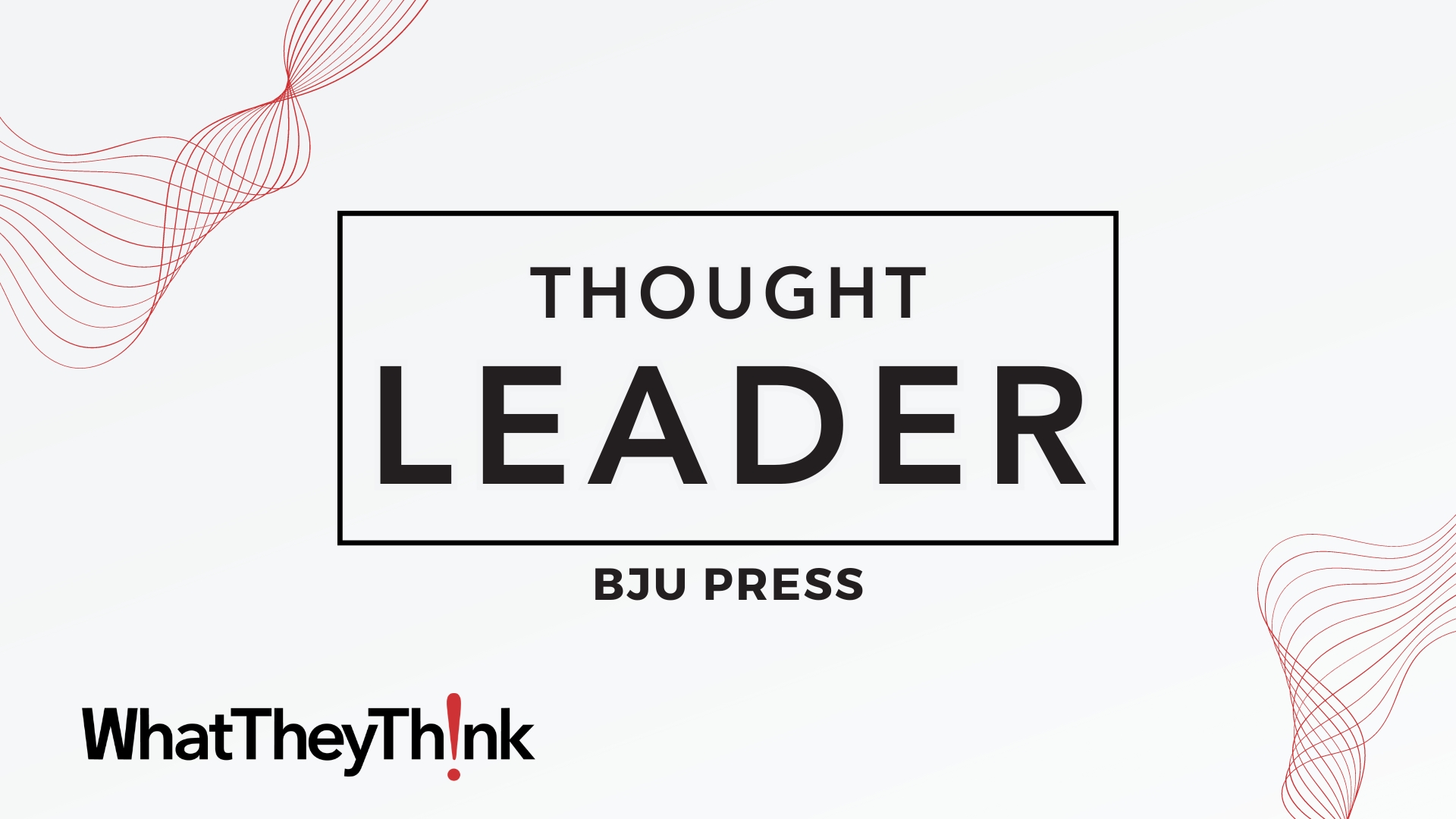
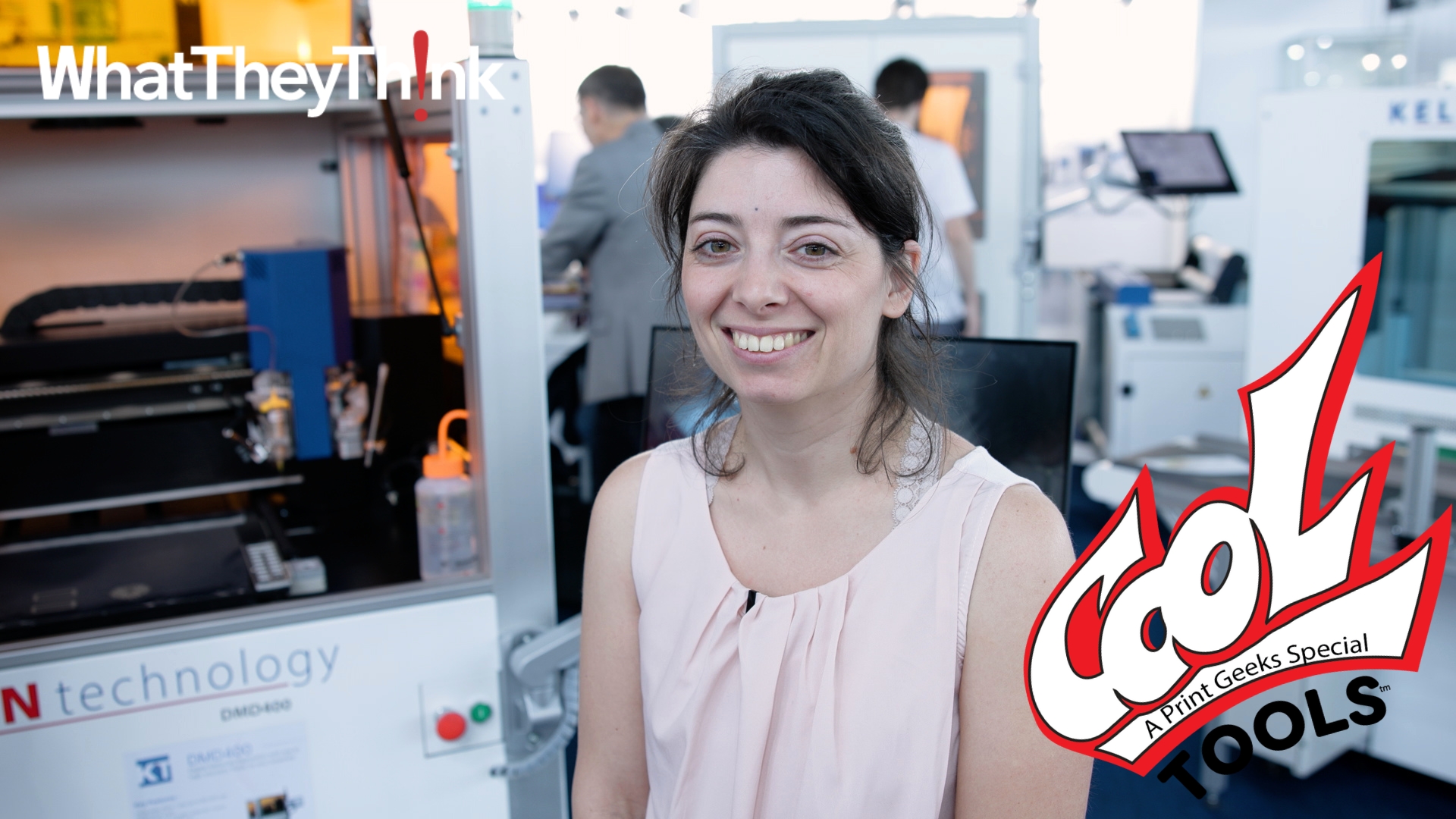
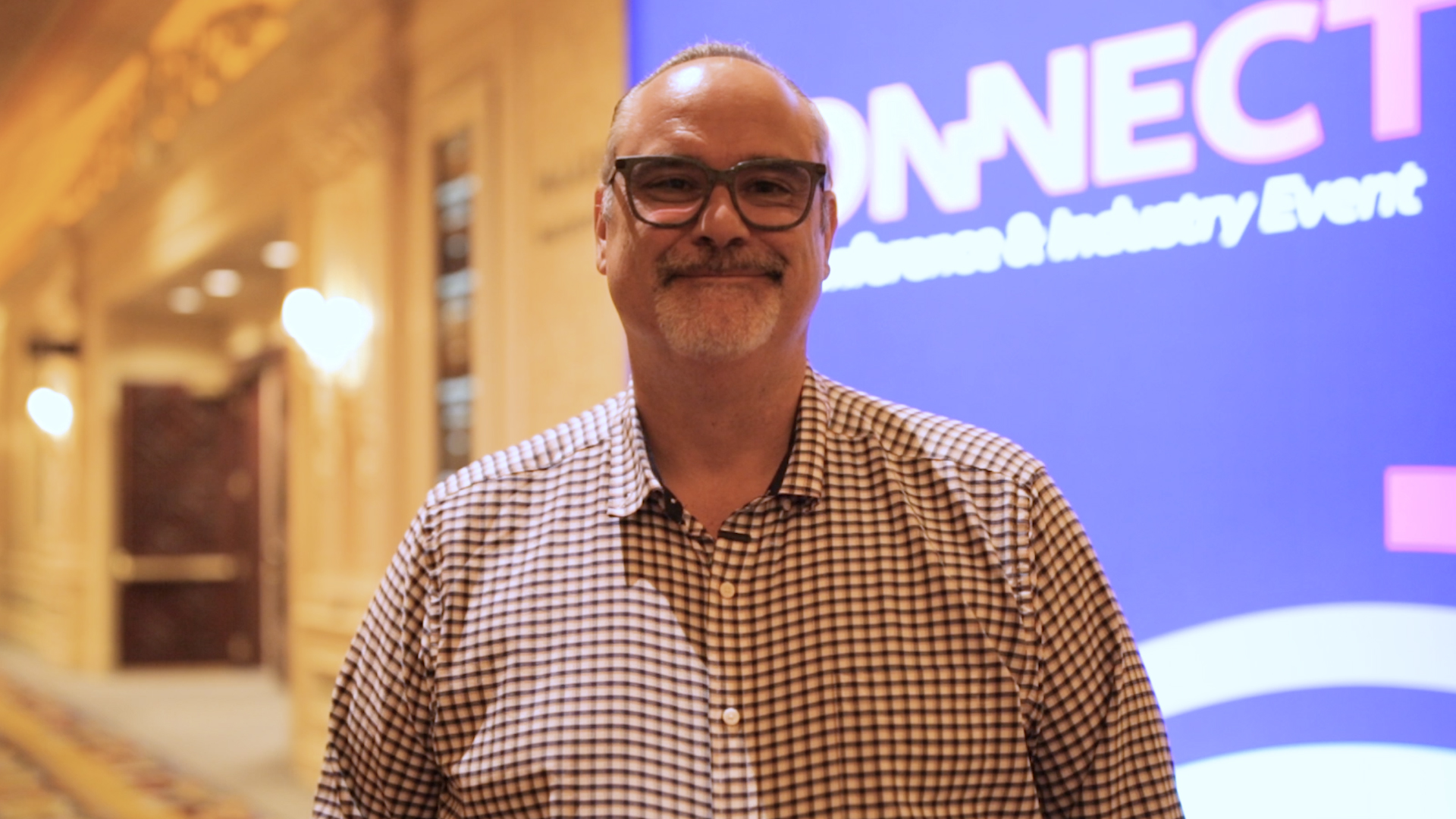
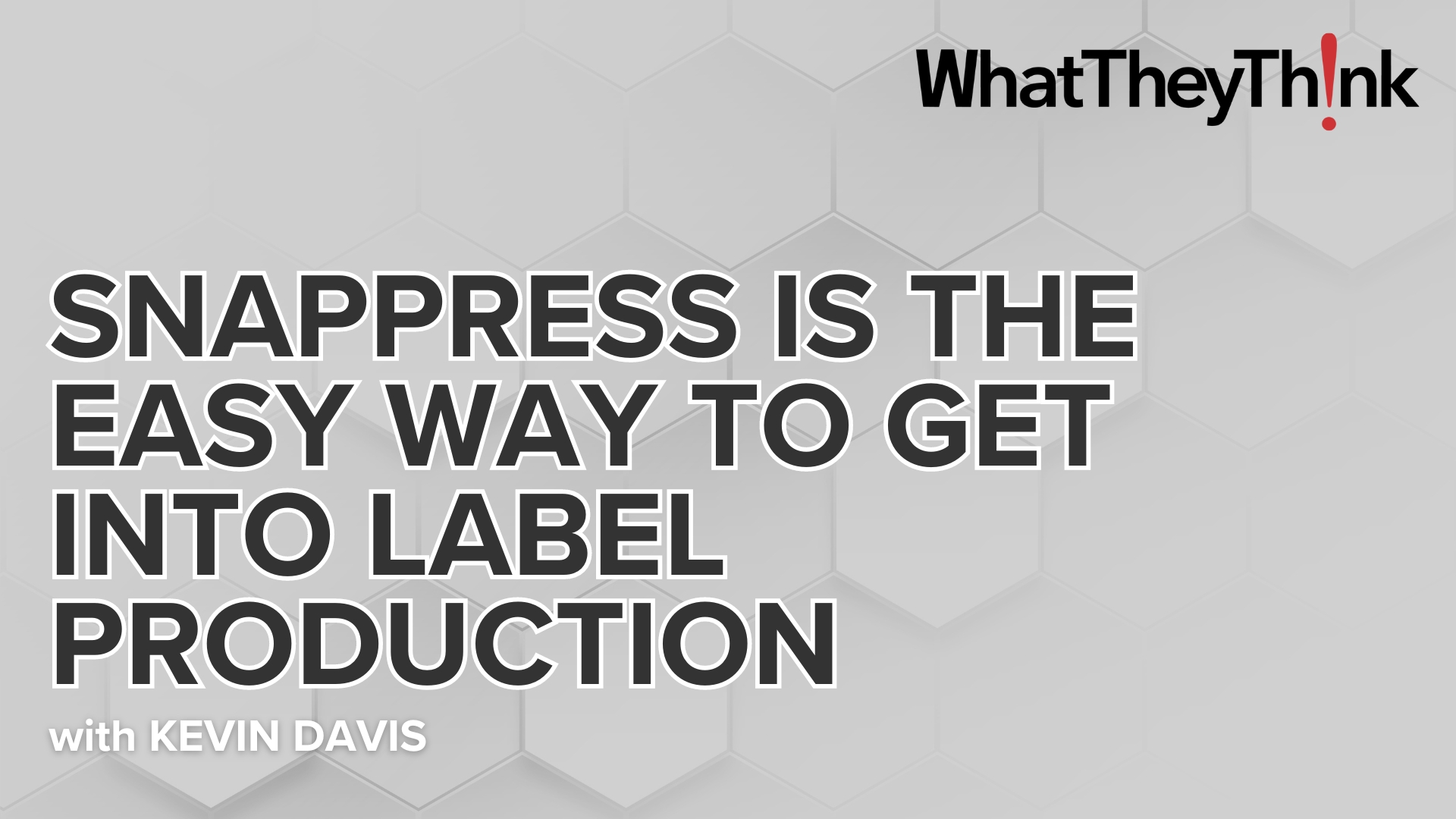
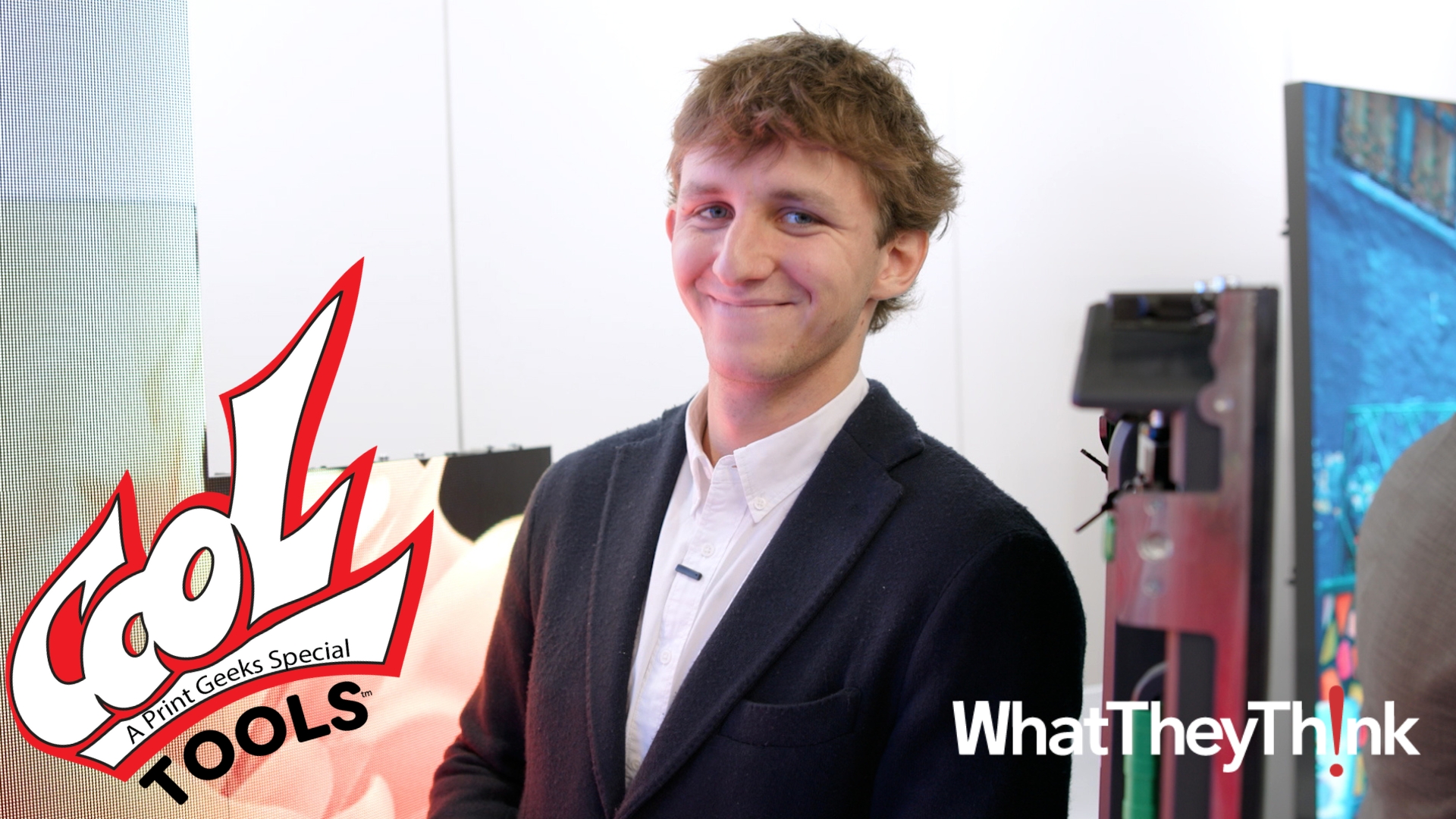
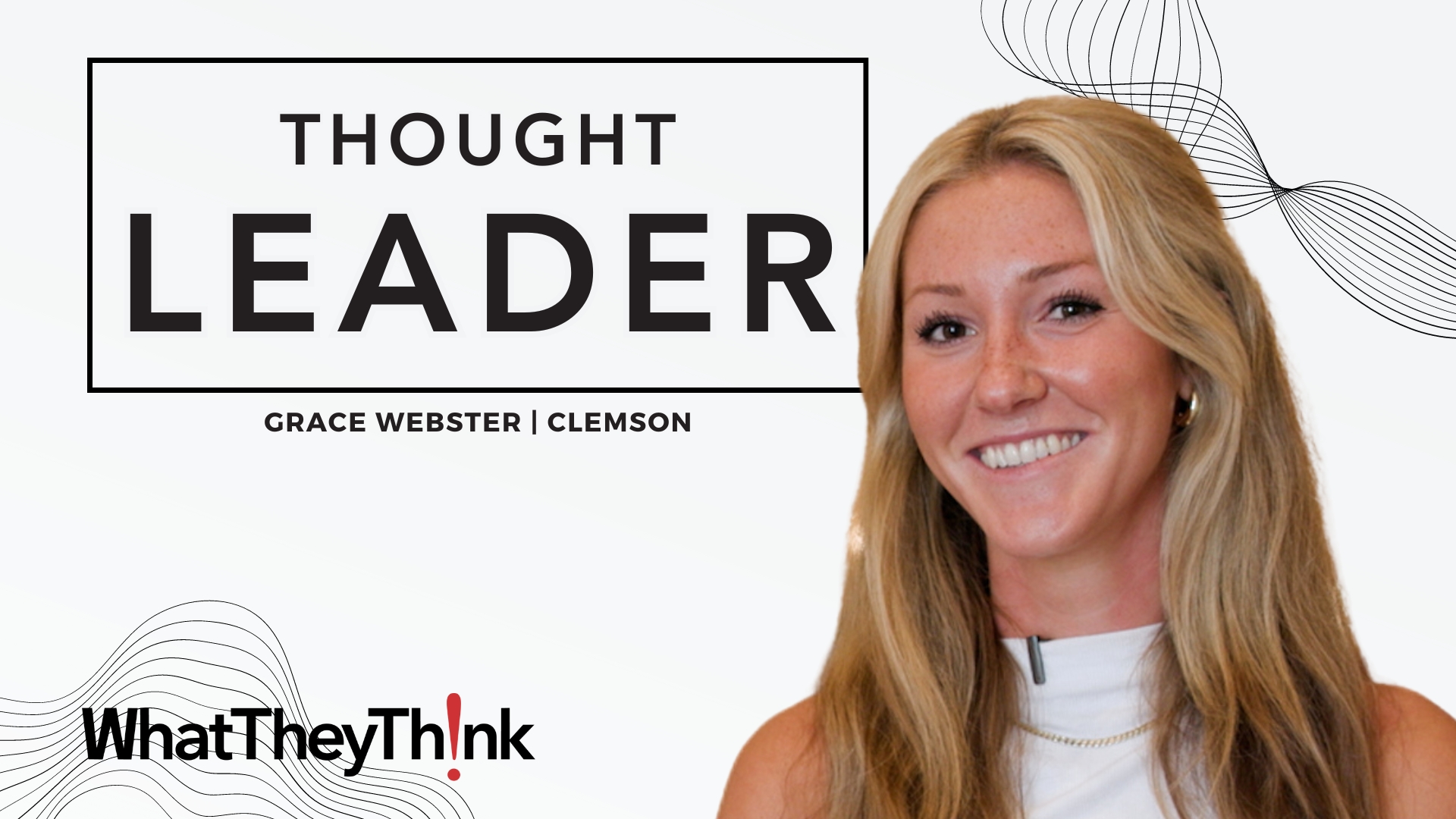
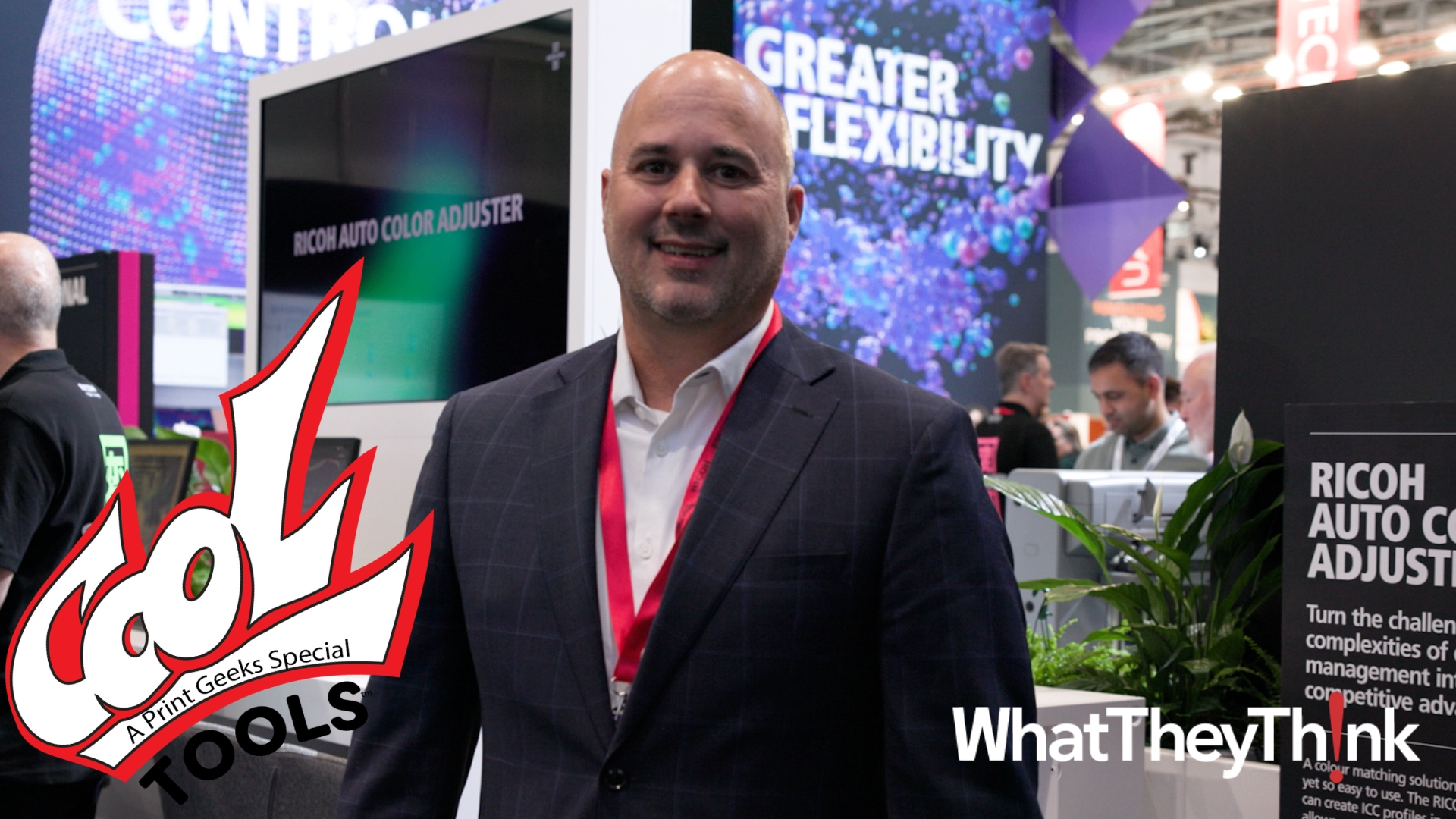
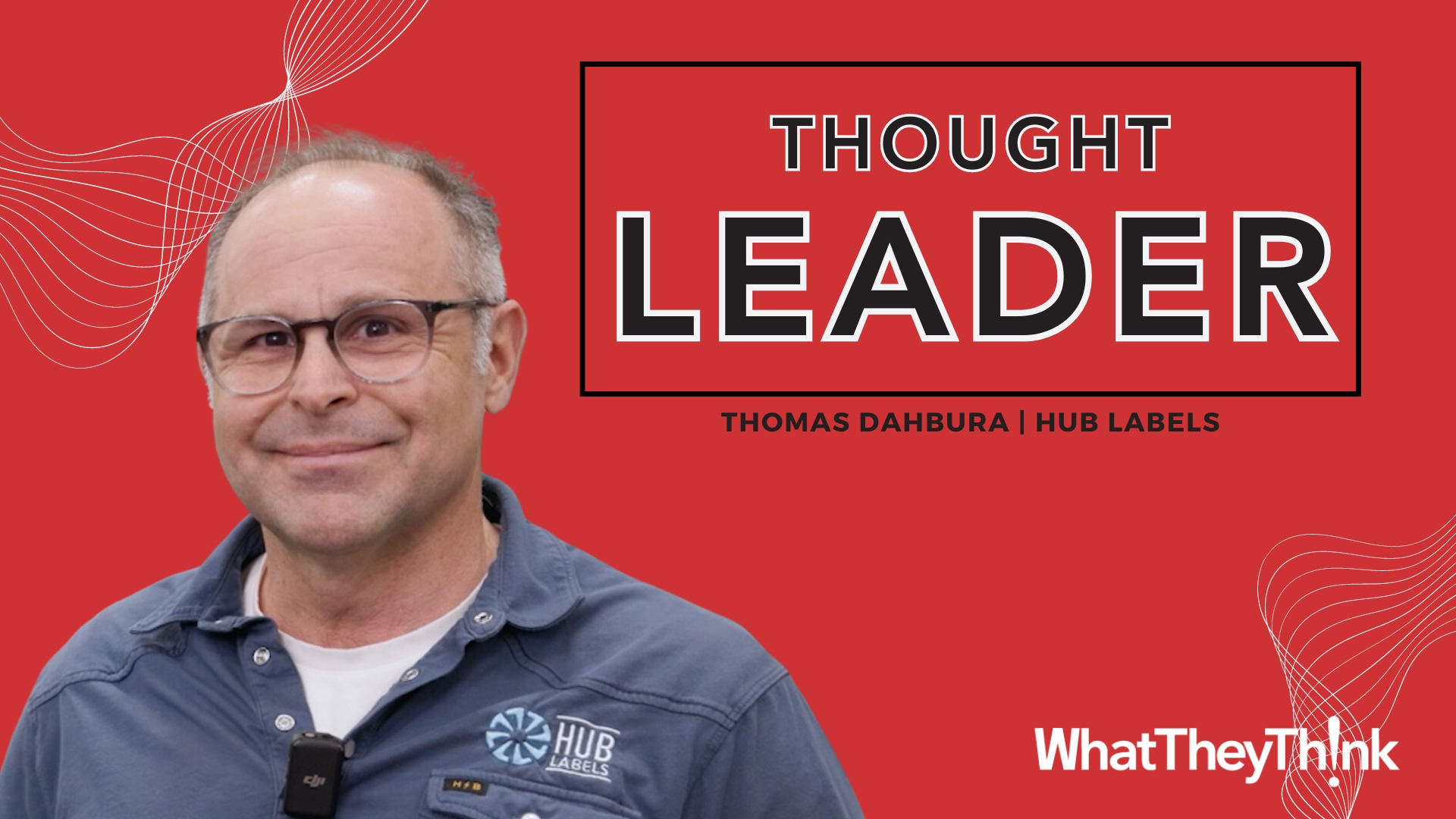
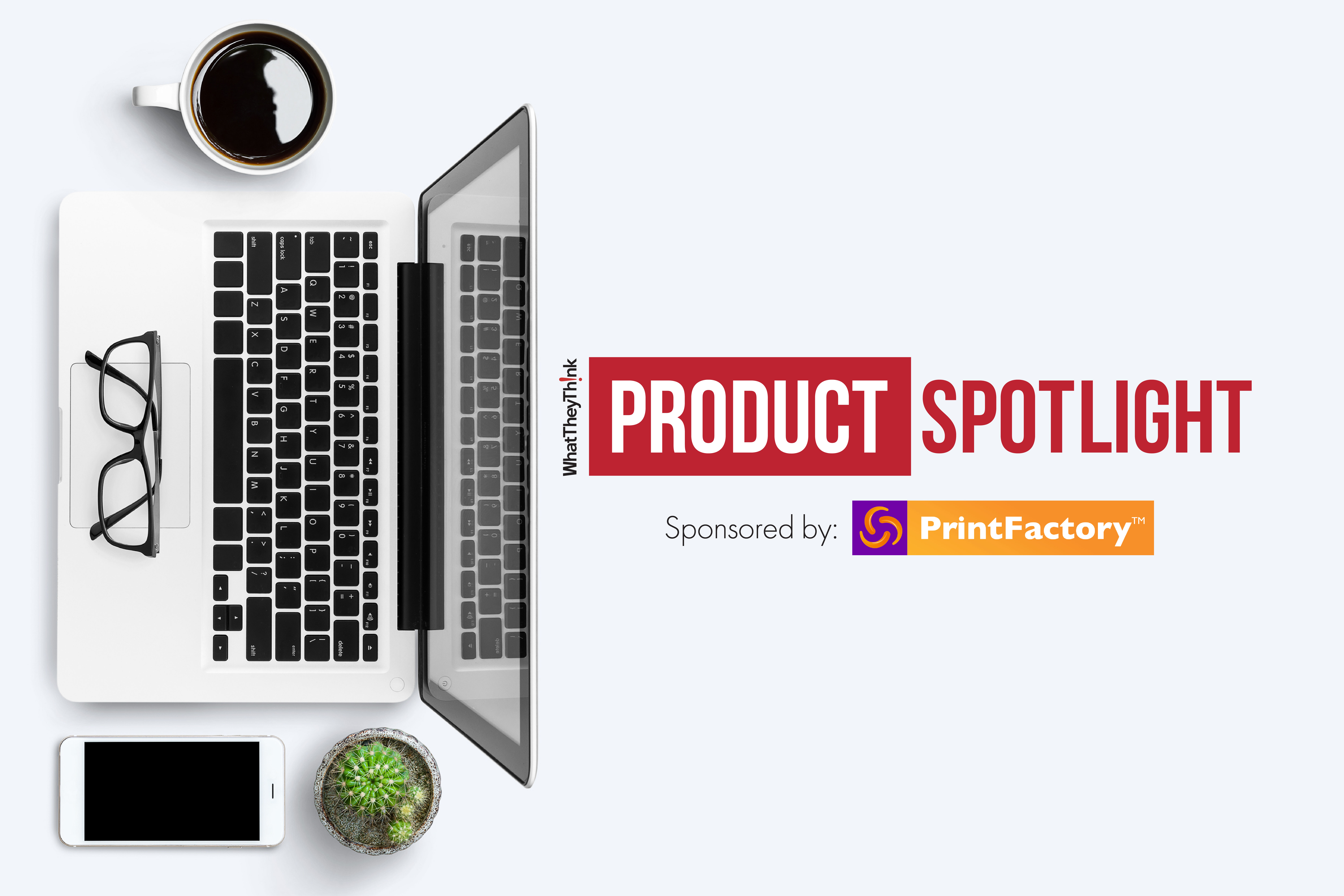
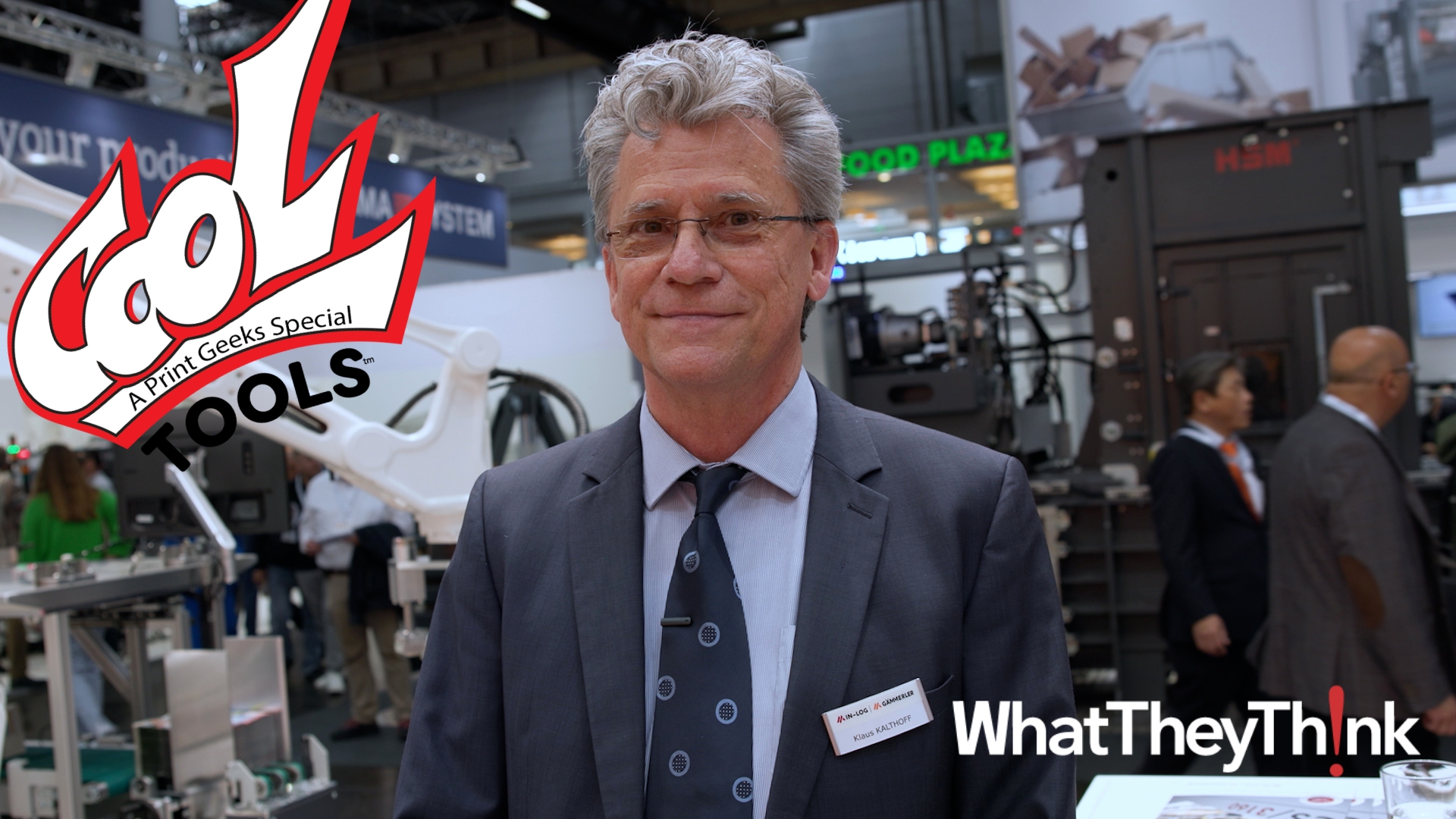
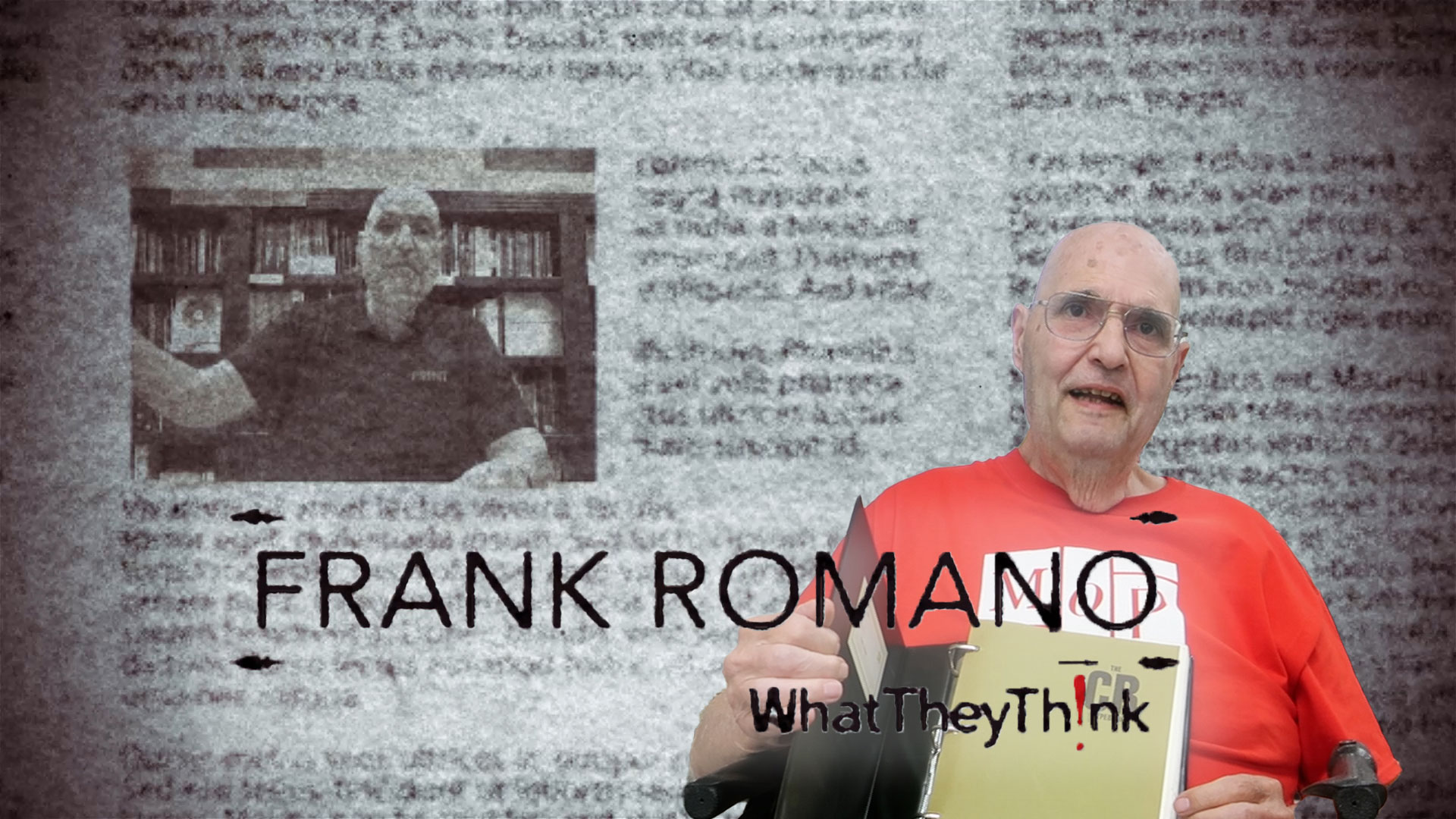
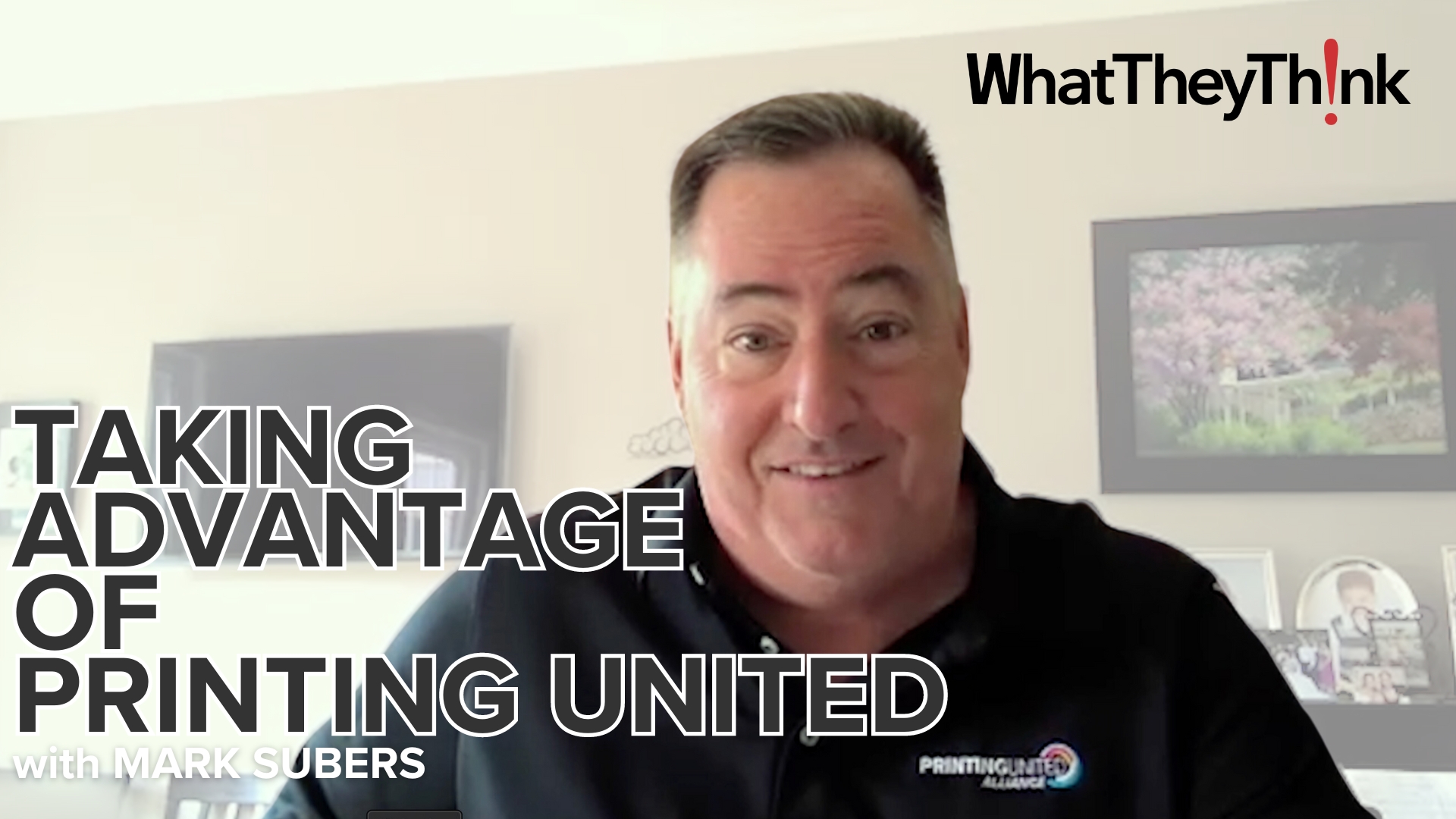

Discussion
Join the discussion Sign In or Become a Member, doing so is simple and free